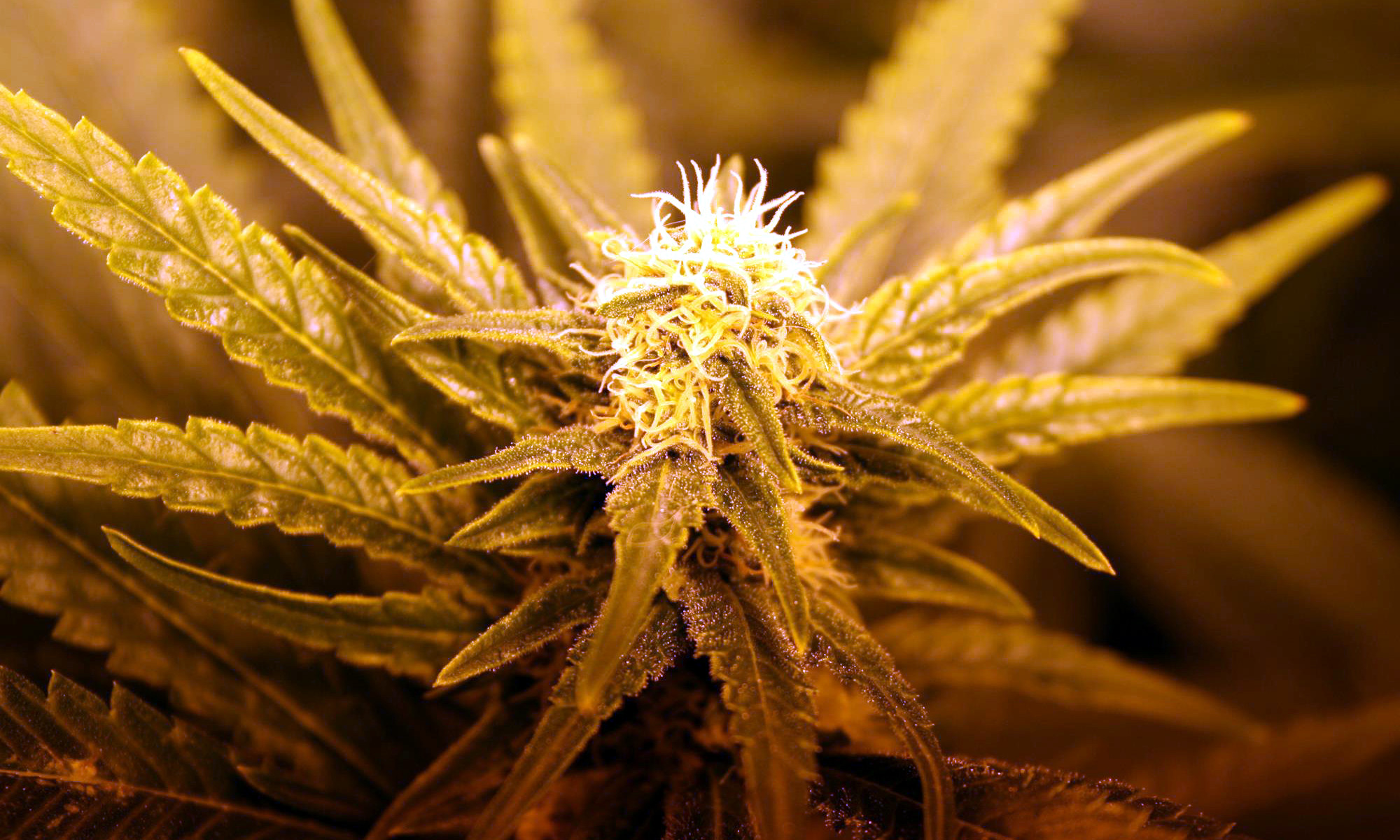 Opioid prescriptions are reaching all-time highs and many sufferers of acute- and chronic pain are looking for alternatives to help manage their pain. With conventional approaches to pain management, many chronic sufferers face the all-too-real risk of opioid addiction, detrimental side effects and reduced efficacy over time. For people who require effective pain management, medical cannabis may be a viable alternative that unbinds them from the chains of potential opioid addiction.
Opioid prescriptions are reaching all-time highs and many sufferers of acute- and chronic pain are looking for alternatives to help manage their pain. With conventional approaches to pain management, many chronic sufferers face the all-too-real risk of opioid addiction, detrimental side effects and reduced efficacy over time. For people who require effective pain management, medical cannabis may be a viable alternative that unbinds them from the chains of potential opioid addiction.
Pain-Relieving Effects of Marijuana
The reason that cannabis is so effective at relieving pain is that we have a great many cannabinoid receptors throughout our body! Cannabinoids are naturally occurring and the human body utilizes them in a vast number of processes that includes regulating metabolism, pain, cravings, immune function and even bone growth. Our body naturally produces its own cannabinoids as a part of its endocannabinoid system. Scientists now believe that the endocannabinoid system may be the largest receptor system in the human body.
Marijuana contains the plant analog of cannabinoids, known as phytocannabinoids. There are at least 113 active phytocannabinoids in cannabis. Phytocannabinoids interact with the human endocannabinoid system, which is the reason why we experience a high from THC strains. Cannabidiol (CBD) is the most prevalent of the cannabinoids found in cannabis, representing up to 40% of the cannabinoid payload.
CBD, unlike THC, does not appear to have psychoactive effects, but its strong interaction with the human endocannabinoid system means that it has far-reaching effects on the human body. One of the areas that CBD appears to be wonderfully effective is in pain management. Because cannabinoids are naturally implicated in how the body reacts to and manages pain, ingesting cannabis products may help users manage their pain.

What A Reception!
THC binds with the orthosteric site of the CB1 cannabinoid receptor. CBD binds to the allosteric site. What this means is that CBD alters the way that THC binds to the CB1 receptor and, therefore, alters how both THC and endogenous cannabinoids interact with our endocannabinoid system. From a medicinal cannabis perspective, it’s worth taking notice of CBD’s influence here.
One of the key points for users who are prone to experience anxiety with high THC-content strains is that CBD appears to have a downregulating impact on anxiety. As such, consider looking into strains that offer 50:50 ratios of THC:CBD. Alternatively, consider supplementing your herb with a quality CBD oil supplement.
Another interesting feature of CBD is that it appears to inhibit certain proteins and enzymes in such a fashion that the duration of THC effectiveness may be increased. The suggestion here is that we may be able to extend the pain relief experienced through ingesting our high-THC strain by supplementing with CBD products.
A Final Note
The function of the endocannabinoid system is to bring homeostasis (balance) to the body’s tissues and biological systems. It serves to inhibit excessive stimulation in cells, which can have far-reaching consequences from everything from how we experience pain to reducing the incidence of seizures. Mammals have well-developed endocannabinoid systems, which suggests that cannabis has played a role in our evolution and well-being throughout our entire existence.
If you’re considering alternatives to opioid-based pain management, consider medicinal cannabis for its widespread health benefits and lack of detrimental side effects. In fact, if you’re part of the aging population, you’ll be delighted to note that cannabis use in the elderly brain actually enhances cognitive ability!
Health. Healing. Herb. It really is the way forward.
Peace.
If you’re a resident of Canada and are interested in purchasing cannabis products, please visit our partner:
Visit TrueMeds Now